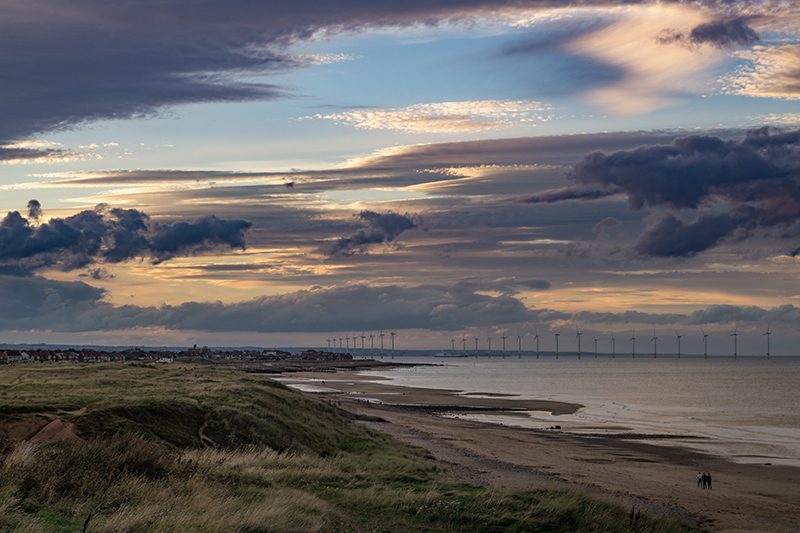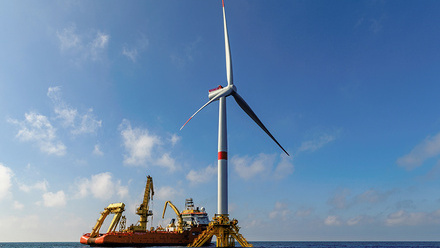Greenlight for carbon capture in Teesside, UK
Net Zero Teesside Power will now move into the execution phase of 'the world’s first gas-fired power station with carbon capture and storage'.

Up to 2Mt of CO2 per year will be captured at the plant and then transported to secure subsea storage sites beneath the North Sea.
Once operational, the combined cycle gas turbine station could produce up to 742MW of flexible, dispatchable, low-carbon power – equivalent to the average annual electricity requirements of more than one million UK homes.
This project will progress in parallel with the Northern Endurance Partnership (NEP), which also announced financial close and entry into the execution phase for CO2 transportation and storage infrastructure for three projects on Teesside as part of the East Coast Cluster.
NZT Power is a joint venture between bp and Equinor.
Olivia Powis, Chief Executive Officer at the Carbon Capture and Storage Association (CCSA), welcomes the move. 'Reducing emissions from power generation and industrial processes is of vital importance to reaching the ambitious targets set by the government to decarbonise heavy industry and the power system.
'Gas power plants with carbon capture technology are designated as a crucial source of low-carbon energy and will enable more renewables onto the system. NZT Power will provide stable, flexible electricity generation to the Teesside industries that rely on low-carbon energy sources for decarbonisation. Investing in the CO2 transport and storage infrastructure will send the signals to investors and other capture projects that the UK is serious about meeting our net-zero targets and providing our industries with a clear route to decarbonisation.'
'Both the Government and industry now need to ensure this momentum continues, maximising the opportunity that CCUS presents to decarbonise our industries, meet net-zero targets and invest in low carbon technologies and skills. This is done by continuing to prioritise the deployment for the clusters and projects that will follow Teesside. This will drive investment in the supply chain, creating and protecting vital jobs. Failure to do so will make it significantly difficult to meet net-zero targets.'







